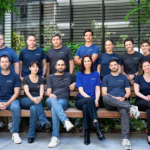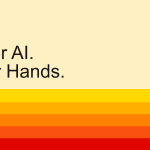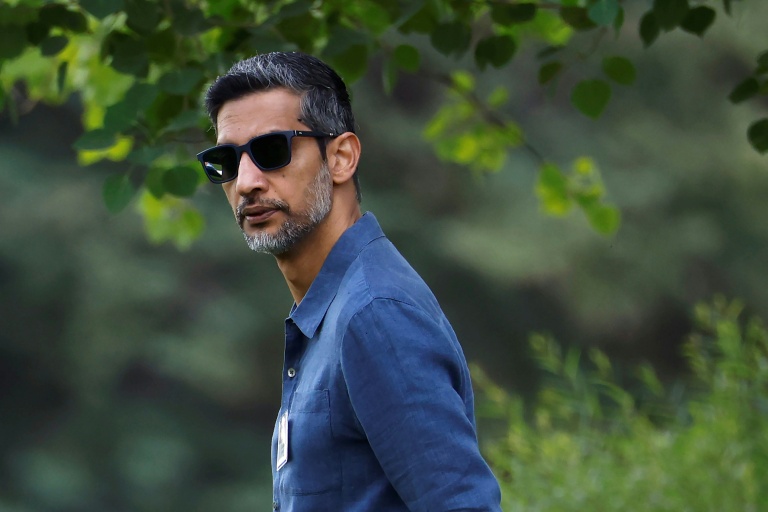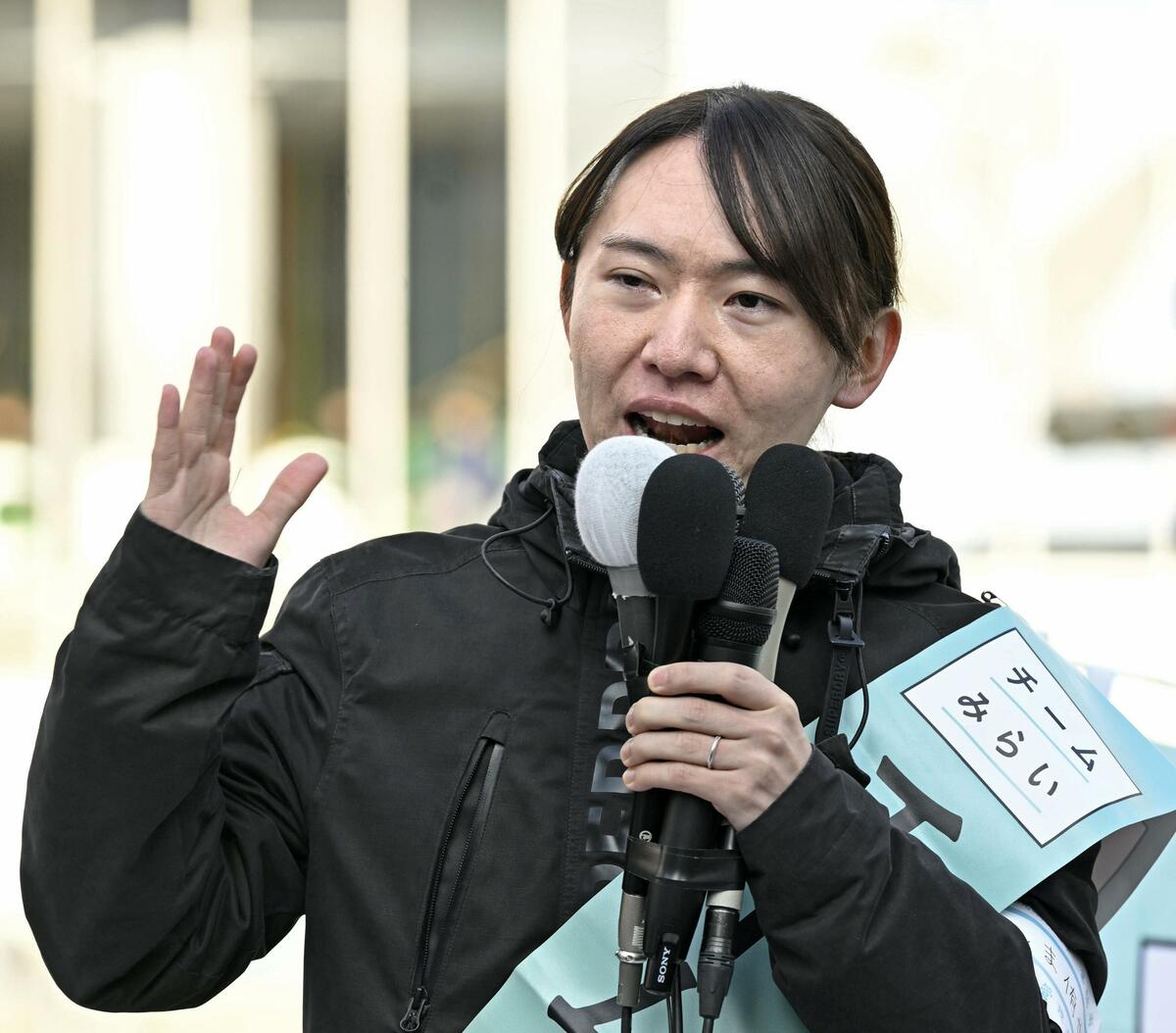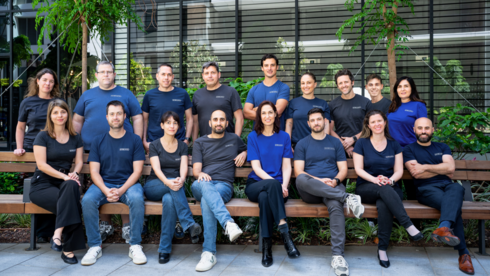Taken off guard by Chatgpt and laughed at the first mistakes with its own generative efforts of artificial intelligence, Google has achieved a spectacular reversal in just one year, becoming a major player in AI intended for consumers.
“The market had canceled the alphabet in the AI race,” said Matt Britzman, analyst at Hargreaves Lansdown, about Google’s parent company. “It was short -sighted.”
In March 2023, Google has launched its version of Chatgpt in a hurry, called Bard, four months after the original was shaking the world.
During its launch event, Bard made a mistake by answering a question on the James Webb telescope, drawing a ridiculous viewers connecting around the world.
Several analysts subsequently lowered their alphabet recommendations, feared that Chatgpt would eat in the domination of the generation on the Internet of the Google search engine.
A year later, in May 2024, the Mountain View giant, California, unveiled the IA previews, an integrated feature at Google Search which still caused a ridiculous online after recommending a recipe for pizza of glue and eat a rock per day in responses to requests.
Despite massive investments in AI technology for more than a decade – acquire the Deepmind laboratory in 2014 and produce high -level research publications that inspired the Chatgpt – Google phenomenon continued to reach.
A large part of the development of Google AI “has focused on feeding its platforms rather than providing services directly to consumers,” said Ben Wood, analyst at CCS Insight.
Ted Mortonson, analyst of the Baird financial service company, said that the leadership of Google had been captured “flat” and had become “too complacent” about their IA advantage.
– Reverse trajectory –
In the midst of the crisis, the change was underway. The co-founder of Google, Sergey Brin, was seen in Googleplex, and the company undertook a drastic internal reorganization.
In the spring of 2024, the AI developers were consolidated under a single banner Google Deepmind with the winner of the Nobel Prize Demis Hassabis.
“It took us time to bring these teams together,” said CEO Sundar Pichai on the “Podcast Lex Fridman” in early June.
Google also needed time to deploy its new internal AI chips, TPUs (tensor processing units), essential to the company’s ambitions.
But “I could see, internally, the trajectory on which we were,” he said.
Despite the errors of “pizza of glue”, or the hallucinations in the language of the AI, the previews marked the first stage of Google’s turnaround.
Then came the commercial launch of notebooklm – a digital document tool that can synthesize the content downloaded in an easy -to -understand writing or even a talkative podcast.


